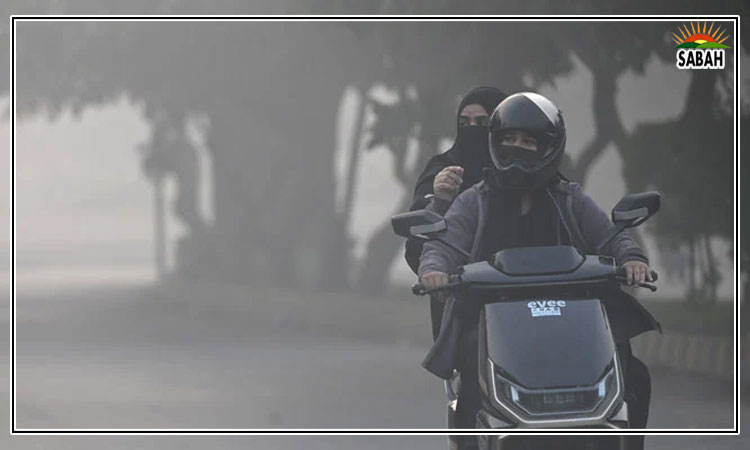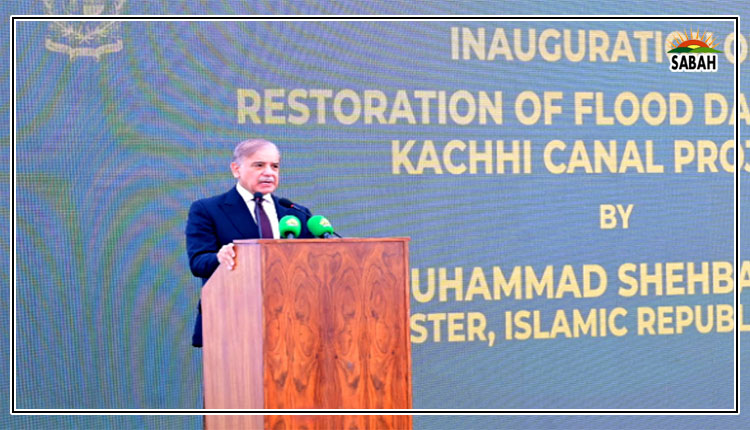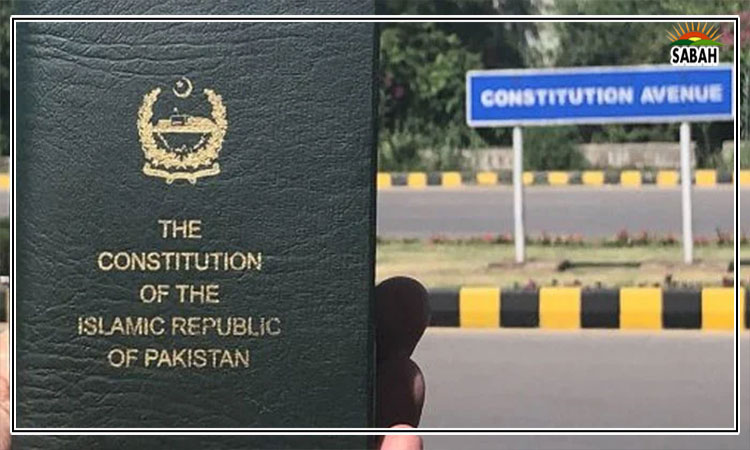Legal advice: Understand your constitution ….Clive Stafford Smith
There is an old saying that goes as follows: “The only thing we learn from history is that we never learn from history”. I write this while I am visiting Pakistan, where I have been a bystander to the kerfuffle over the proposed constitutional amendment to create a new Federal Constitutional Court. This touches precisely on a lecture I give to my students each year on the structure of government, and the periodic attempts to nobble one branch or another (here, the judiciary).
Let me declare a strong bias here: I am an Anglo-American human rights lawyer, and I am very fond of Pakistan. I have been coming here for many years, and I have often relied on the Pakistan constitution to pursue justice for my clients. For a while, the people I represented were the victims of an illegal drones campaign by the United States. We won a judgment in the Peshawar High Court ordering the Pakistan Air Force to shoot the drones down – which, while that never happened, put an end to an American practice that had killed 3,000 civilians in Waziristan.
Right now, one of my main clients is Aafia Siddiqui and we are using the constitution to enforce her rights in the Islamabad High Court, while simultaneously using the US constitution to vindicate her in New York.
Both Pakistan and the US adopted what was once a clear British structure: with a president rather than the king; a bicameral legislature emulating the Lords and the Commons; and a judiciary. On a fine day, the idea is that the three branches will get along well, working together for the benefit of the people of Pakistan. When disagreements arise, the primary role of the judiciary is to settle everyone’s differences.
(It is worth noting that in all this the military’s role is explicitly limited to protecting the country and the constitution. When Donald Trump wanted the military to fire on protesters in the dying days of his presidency – “Just shoot them”, he demanded on multiple occasions inside the Oval Office – General Mark Milley and Attorney General William Barr conscientiously pushed back, reminding him that the military is not there to stamp out political protest.)
All this goes back to the 17th century. Even before King James I acceded to the throne in 1603, he had written a primer for his son describing the king’s right to do as he wished, with scant regard for parliament. Notoriously, he and other monarchs would appoint judges, and then dismiss them if they failed to reach the ‘correct’ judgement.
Inevitably, this led – in 1688 – to the ‘Glorious Revolution’ where his son, James II, was deposed, essentially without bloodshed as his support drained away. He was replaced by his daughter Mary and her husband William of Orange, who were only installed subject to the Bill of Rights of 1689 that established the principle of parliamentary supremacy – which meant supremacy over the monarch and the military. Two decades later, the king’s power to anoint and sack judges was eliminated as part of the Act of Union of 1707.
All this had evolved over centuries, a gradual challenge to the monarch’s periodic despotism. Once the rules were established, George III’s efforts to curb the restive colonists across the Atlantic (transporting dissenters to Britain for trial, and so forth) met a more violent conclusion: first, the 27 Grievances, and then the Revolution. Out of this grew the 1789 constitution for the fledgling United States, enshrining the structure of governance, and the rights of the people. In this, the independence of the judiciary was firmly established.
Whatever you think you know about the US Supreme Court and its notoriously conservative majority, I have never lost a case there even though I have only ever represented people on Death Row and the swathe of Muslims tarred in Islamophobia since 2001. The court is duty bound to enforce the rights even of those they may despise, including the supposed terrorists held in Guantánamo Bay. Though former president George W Bush (the most powerful person on Earth at the time) wanted them held without legal rights, we won Rasul v Bush and preserved the right to basic justice.
This is the essential character of the constitutional system, and it is what ultimately gives stability to the US – and sometimes to Pakistan. On the other hand, chaos is the inevitable consequence when people try to meddle with the constitution for short-term political gain.
George III lost the Revolutionary War when he sought to manipulate the legal system. Later, when Franklin Roosevelt tried to pack the US Supreme Court with justices who would favour his policies, it shocked the nation, he failed, and it contributed to a later constitutional amendment that limited presidents to two terms.
I have never charged anyone for my legal services. I have, for 40 years, always acted for charity, pro bono – the Latin term which means ‘for the good’. My unsolicited but free legal advice to Pakistan is this: Please recognise what is best about your political system, and please do not betray the people by trying to nobble the Supreme Court, just because you don’t like them standing up for the rights of others.
The writer is a lawyer. He can be reached at: clivestaffordsmith2020@gmail.com
Courtesy The News











